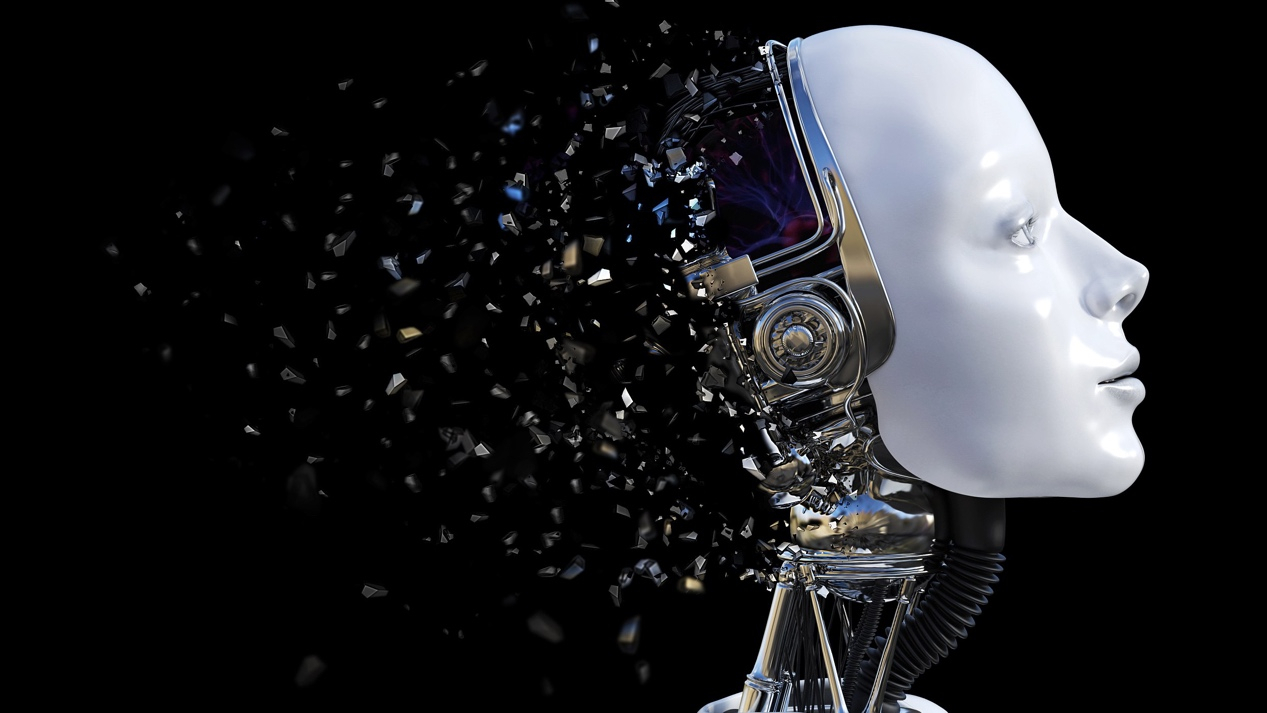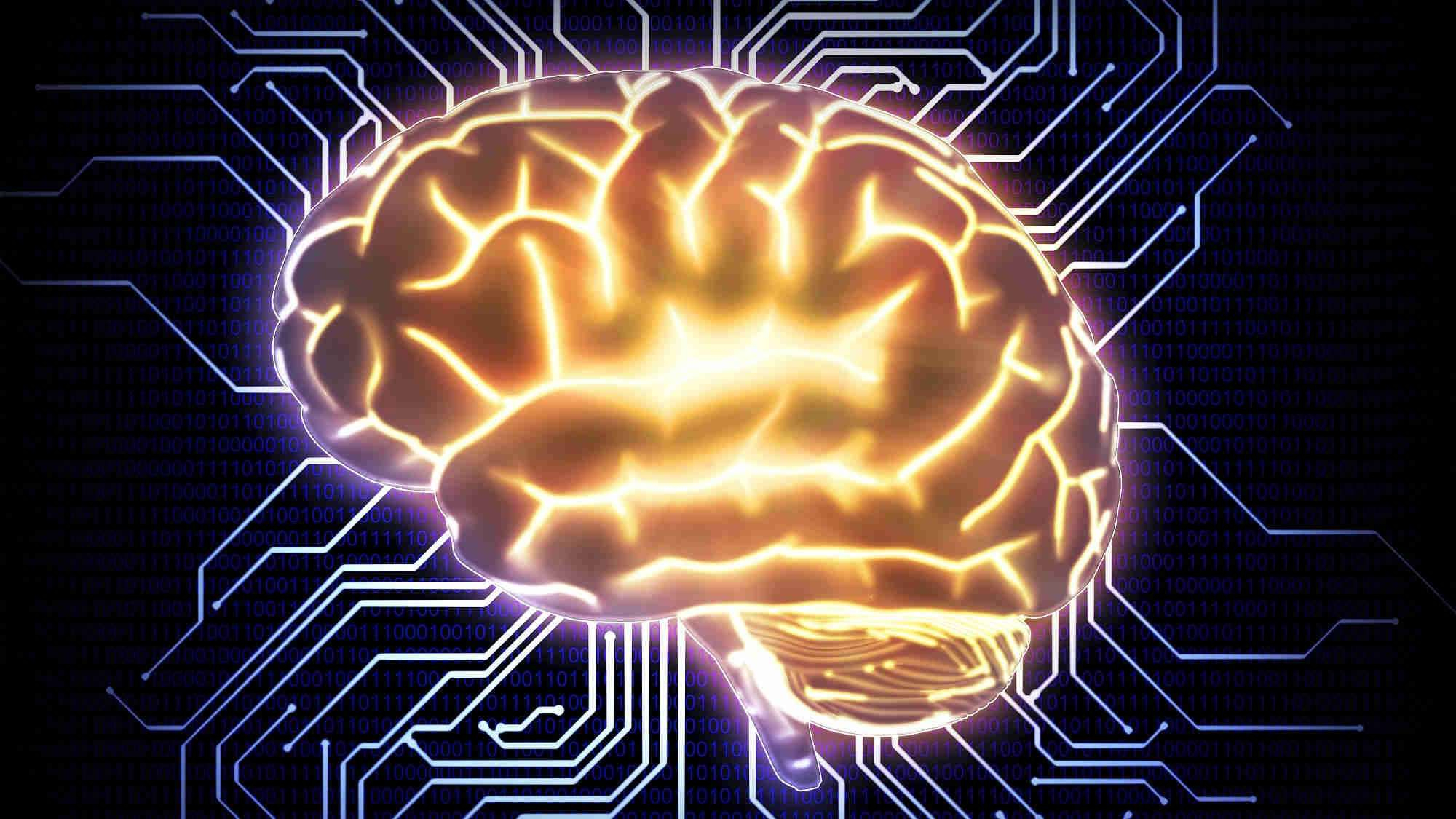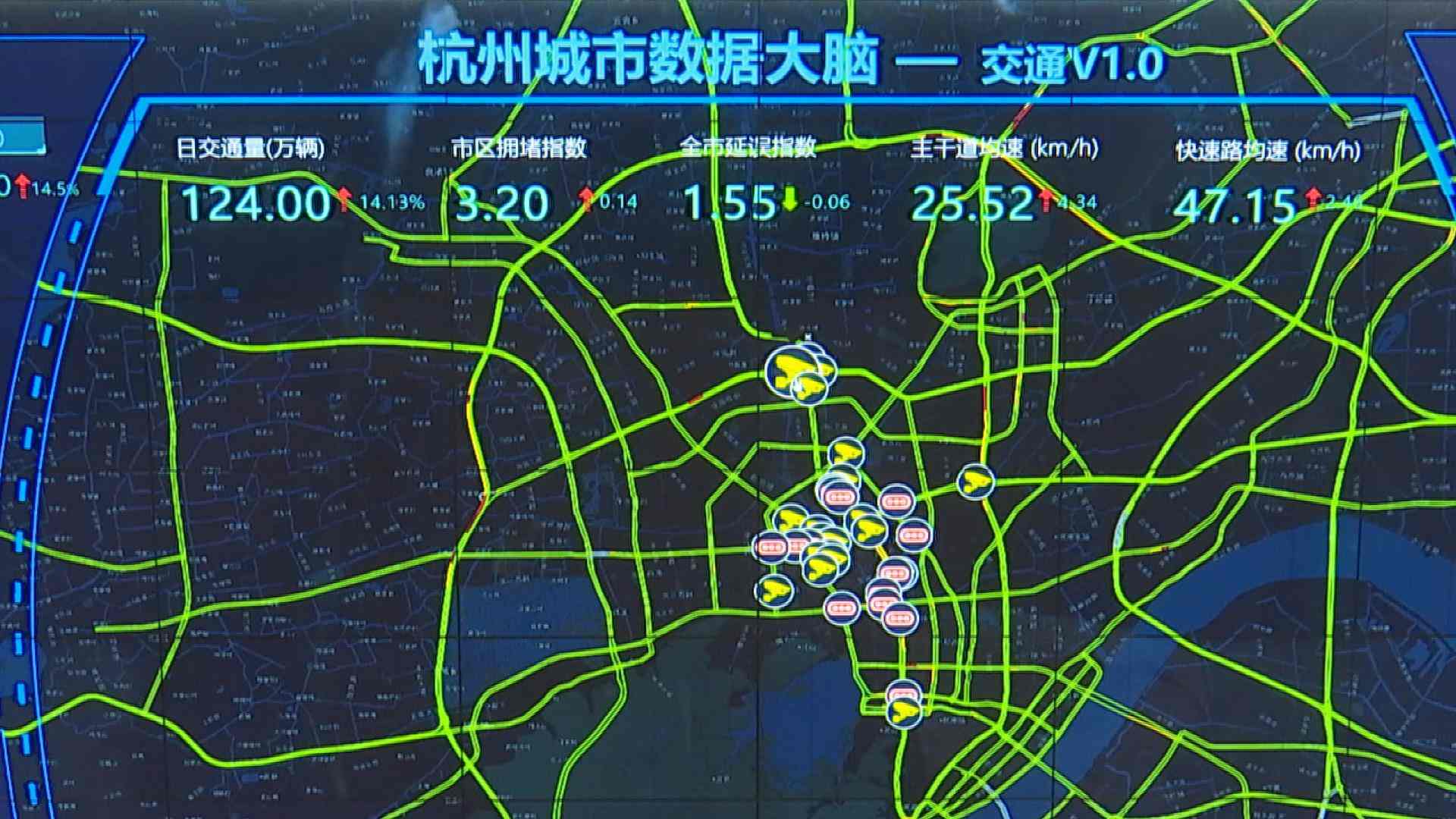
20:52, 14-May-2019
Expert: prioritizing machines only might lead to collective stupidity

The rapid growth of technology, especially in artificial intelligence has always been accompanied by both excitement and fear. Our life has been more comfortable with smartphones, driverless cars, etc. On the other side, it has made people to review the relationship between humans and technology.

CGTN Photo
CGTN Photo
“Billions of dollars have been invested into artificial intelligence,” said Dr. Geoff Mulgan, Chief Executive of Nesta, a UK-based innovation foundation that runs a wide range of activities in investment, practical innovation and research, “But if we only invest in machine intelligence, we will end with collective stupidity.”
Geoff Mulgan is also the author of “Big Mind: How Collective Intelligence Can Change Our World” in which he explains a new profession on “collective intelligence” to enable human beings and machines to work together.
Smart technologies do not necessarily guarantee optimum outcomes. According to Geoff Mulgan, to tackle the challenges facing today's world, the development of machinery needs to be combined with collectively organized or orchestrated human wisdom or judgment.
“All human civilizations have been mobilizing collective intelligence, embodying it in the knowledge that can be passed on. But what's different now is that we have technologies which make it easier to organize collective intelligence,” Geoff Mulgan.

The City Brain system is set to play a bigger role in city management. / CGTN Photo
The City Brain system is set to play a bigger role in city management. / CGTN Photo
Geoff Mulgan gives an example of smart cities, “If you really want a city to be smart, you need to combine the engineering perspective with human intelligence to understand how cities will actually be livable places. We have no profession at all to harness these together.”
Geoff Mulgan continued to explain this concept further. People often cannot identify the reasons why bad outcomes happen as the error is buried in layers of coding in the AI. For instance, the problem of bias or misleading information could exist in the AI, which needs human wisdom to put it right. The development of technology has made it possible to organize human intelligence from a large base of population.
AI-generated results can sometimes be problematic. For instance, in U.S. labor market, report says when screening resumes, the algorithm is discriminative against African-Americans compared to other racial groups, and in terms of gender, white names tend to receive more phone calls for further interviews.
To generate the best result, Geoff Mulgan has proposed an “AI+CI” framework for artificial intelligence to work together with collective intelligence, “you have the human supervising the machines just as we probably need more machines supervising us humans.”
“The more we need AI, the more we need good judgments,” he said.
SITEMAP
Copyright © 2018 CGTN. Beijing ICP prepared NO.16065310-3
Copyright © 2018 CGTN. Beijing ICP prepared NO.16065310-3